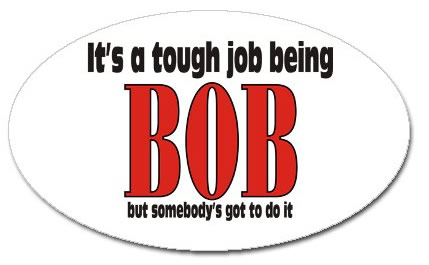Money for graves
Thursday, January 27th, 2011 by Amanda AtwoodAs Bev blogged the other day, in a recent meeting Harare East residents argued that if the government of Zimbabwe made land available for free under the land reform program then why should a dead corpse be made to buy land from the City of Harare?
We thought they had a point, so we asked our SMS subscribers for their opinion.
The 100+ responses fell broadly into two camps, with about 30% of respondents suggesting that charging for a burial plot was fair – the belief being that these funds should go to servicing the cemeteries, paying grounds people, and so forth.
Unfortunately, many Zimbabweans have lost a lot confidence in their government and elected officials – and thus are cynical about whether burial fees would be appropriately used. This is one of the reasons why around 70% of respondents agreed with the Harare East residents, that there should be no charge for burial plots.
Responses seemed to divide cleanly along the lines of whether the respondent thought the money would get put to relevant use – and not pocketed or politicised. Thus, it’s worrying that 70% of respondents were opposed to the charging of burial fees; it suggests that 70% are also sceptical about the integrity of government and our elected officials.
Read a sampling of replies below:
- I think they must pay since that land needs to be serviced, but the rates must be affordable.
- If land was given for free, this also means grave yards are also land. So land is for free. Corpses should not pay.
- My answer is City of Harare have no right to charge them. Burial fees because the land was given free. They mustn’t search for money with an axe on their shoulder.
- We have to understand that our leaders are gold diggers. We must not pay for the dead. Never.
- Grave yards need to be maintained so payments is required.
- Land Reform Act: free land yes I don’t think we pay for the land but for the service done by City Council, however they should cut the current cost to half thus how I think.
- I think burial fees must be paid because that piece of land will never be used again.
- We are not supposed buy land for burial if land is ours.
- How can dead person pay something?
- It’s right to pay for all services in the city. It’s not right to extend the land issue to things like these.
- Free land, free burial.
- If land was parcelled out for free during land reform, then burial should be free, after all the fund won’t benefit residents no charges for your birthright please!
- Is it not a way to raise revenues? Also I’m not aware of the city’s by-laws.
- People are cheated and robbed of their hard earned cash in broad daylight.
- They should not pay.
- I think that’s a challenging question to their MP. These guys take people for a ride. They use people for them to benefit. It’s bad.
- In fact the sense’s not about land but its all about fundraising of the city council. That’s where they get their salaries. That’s what l think.










